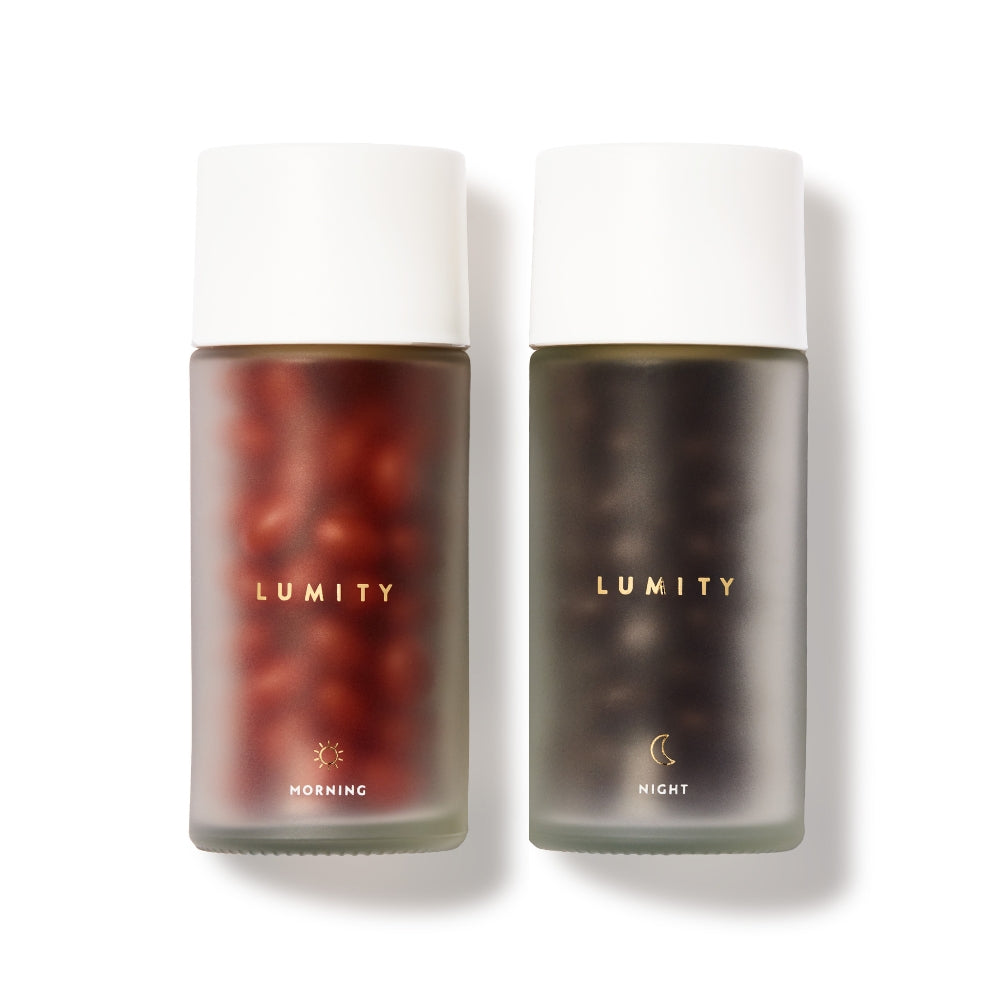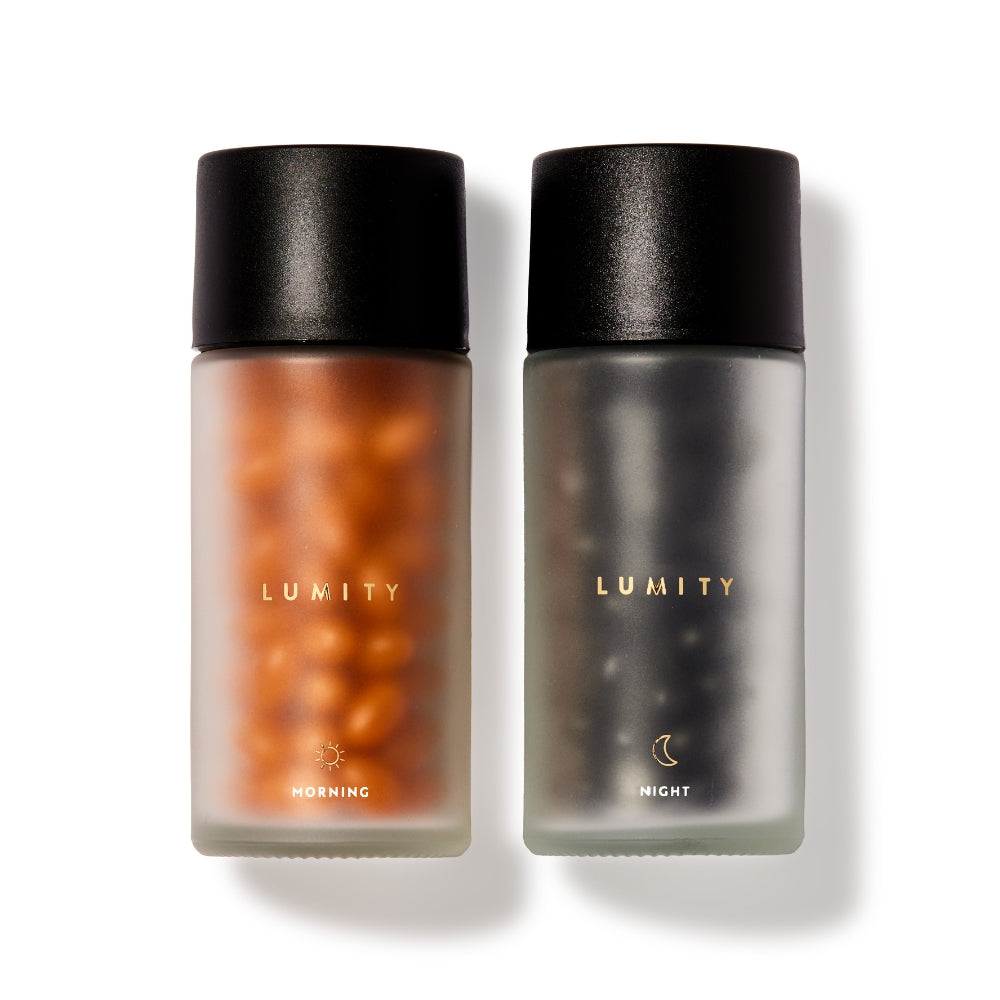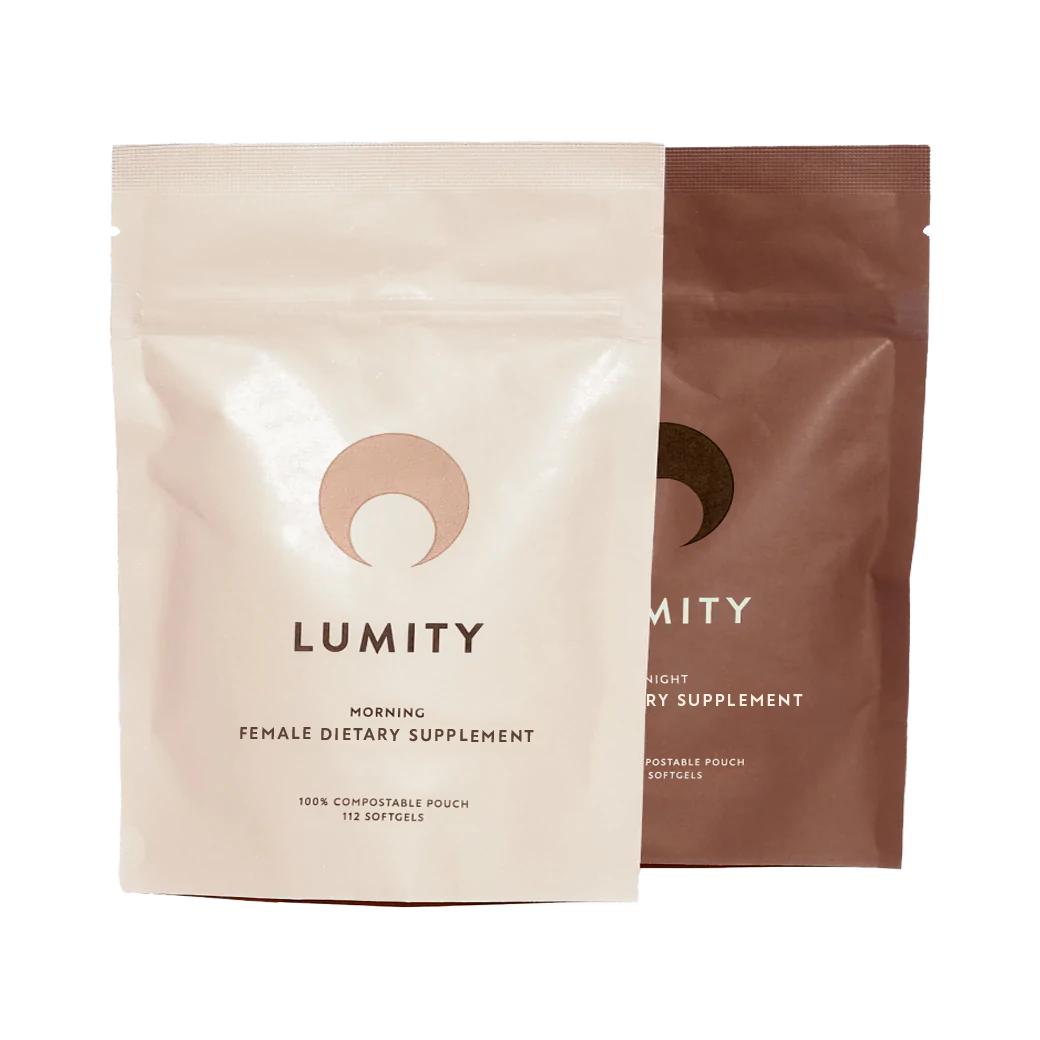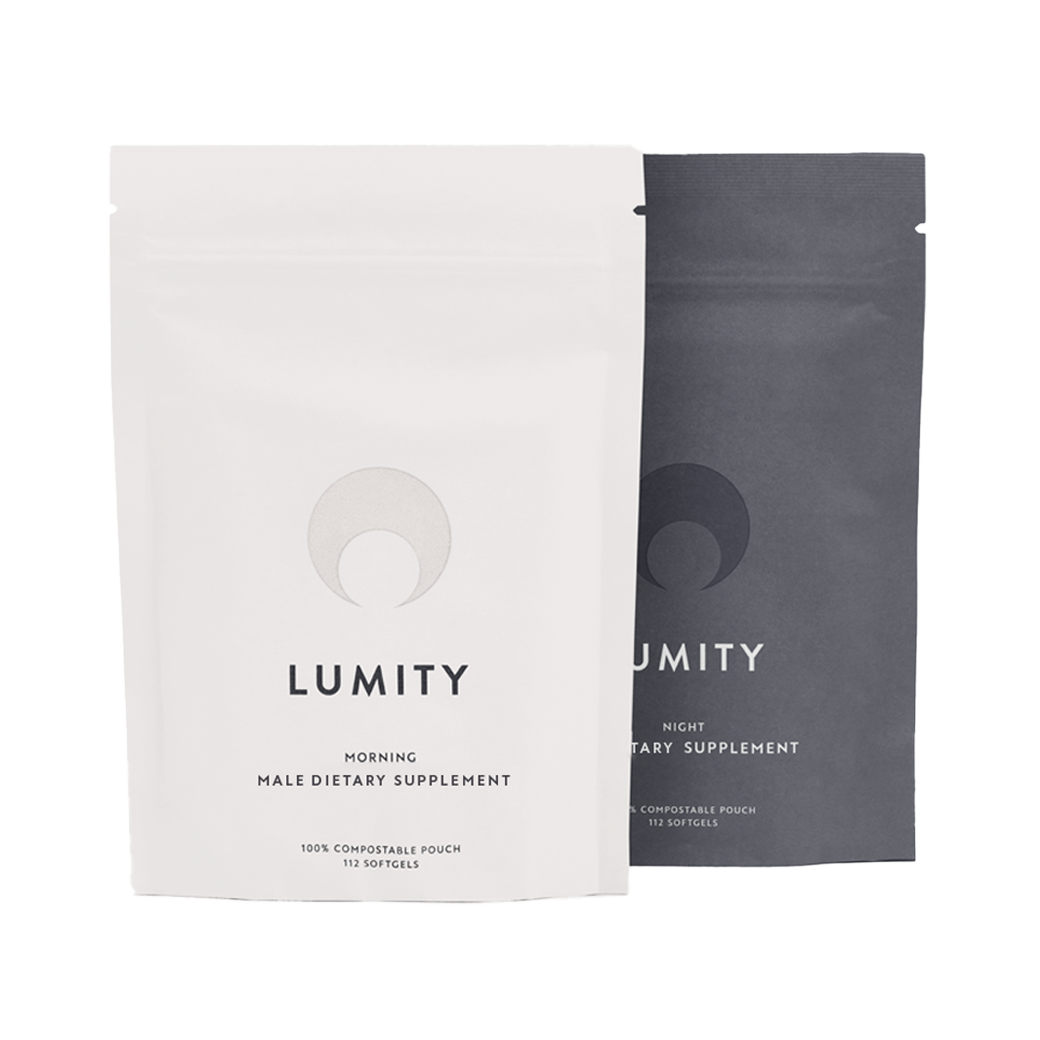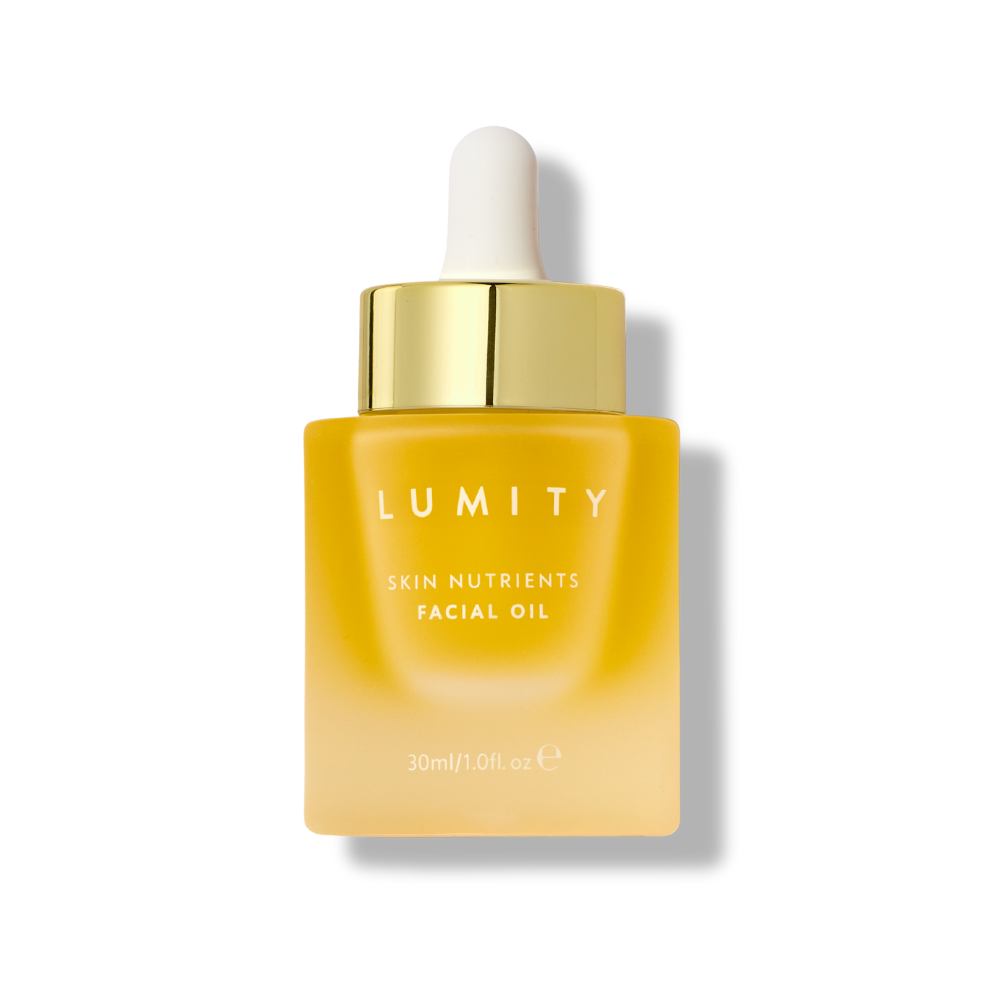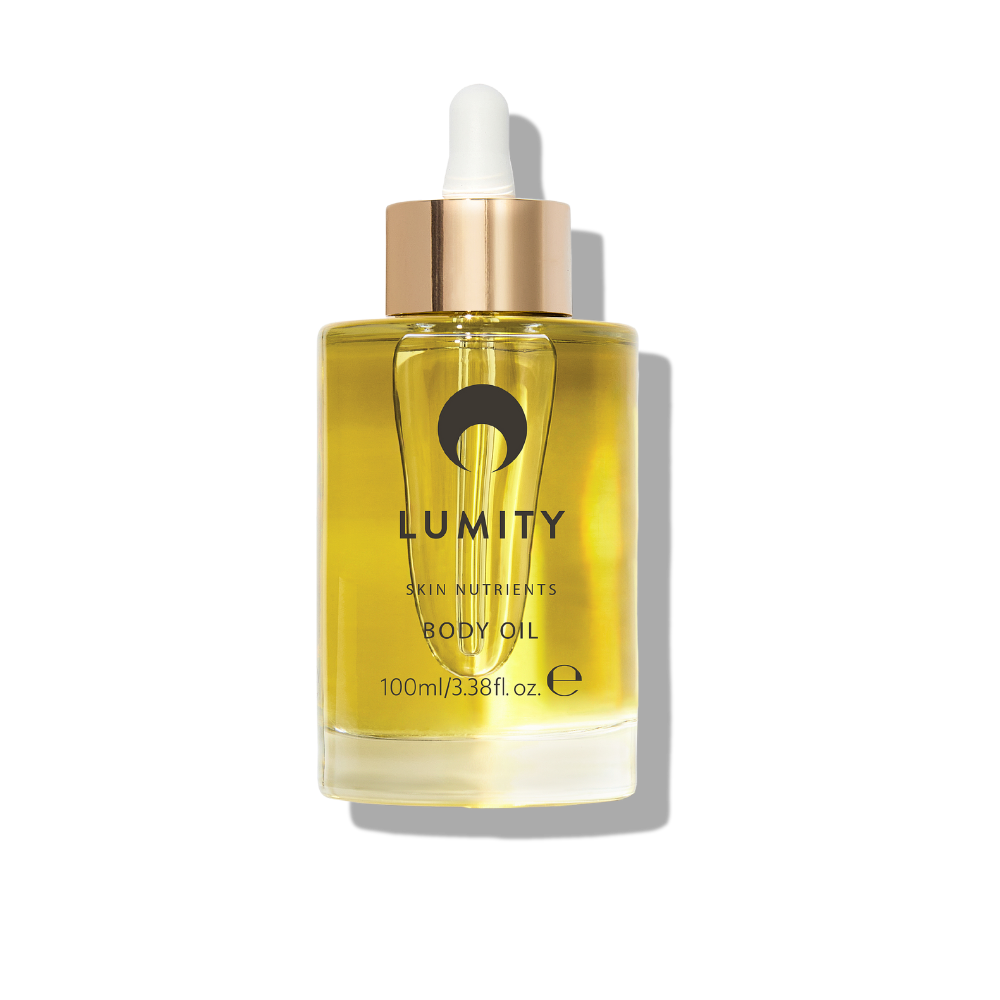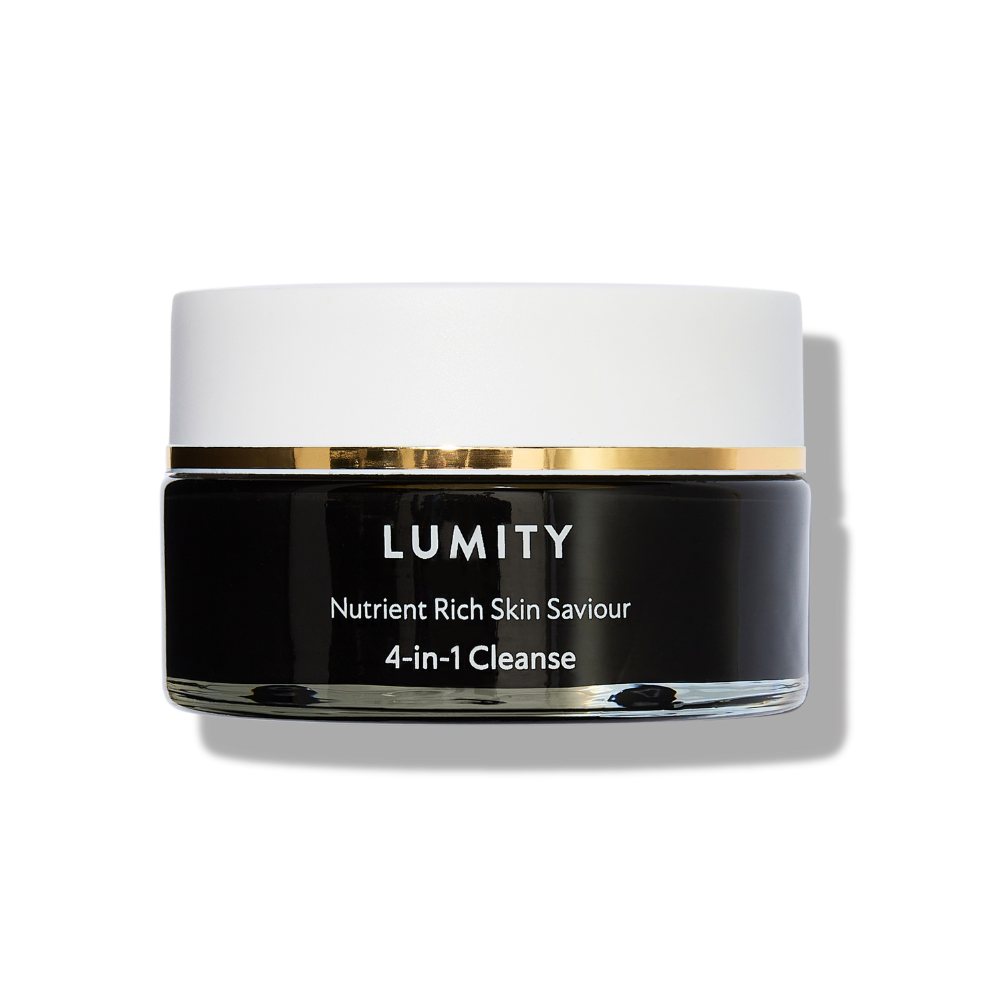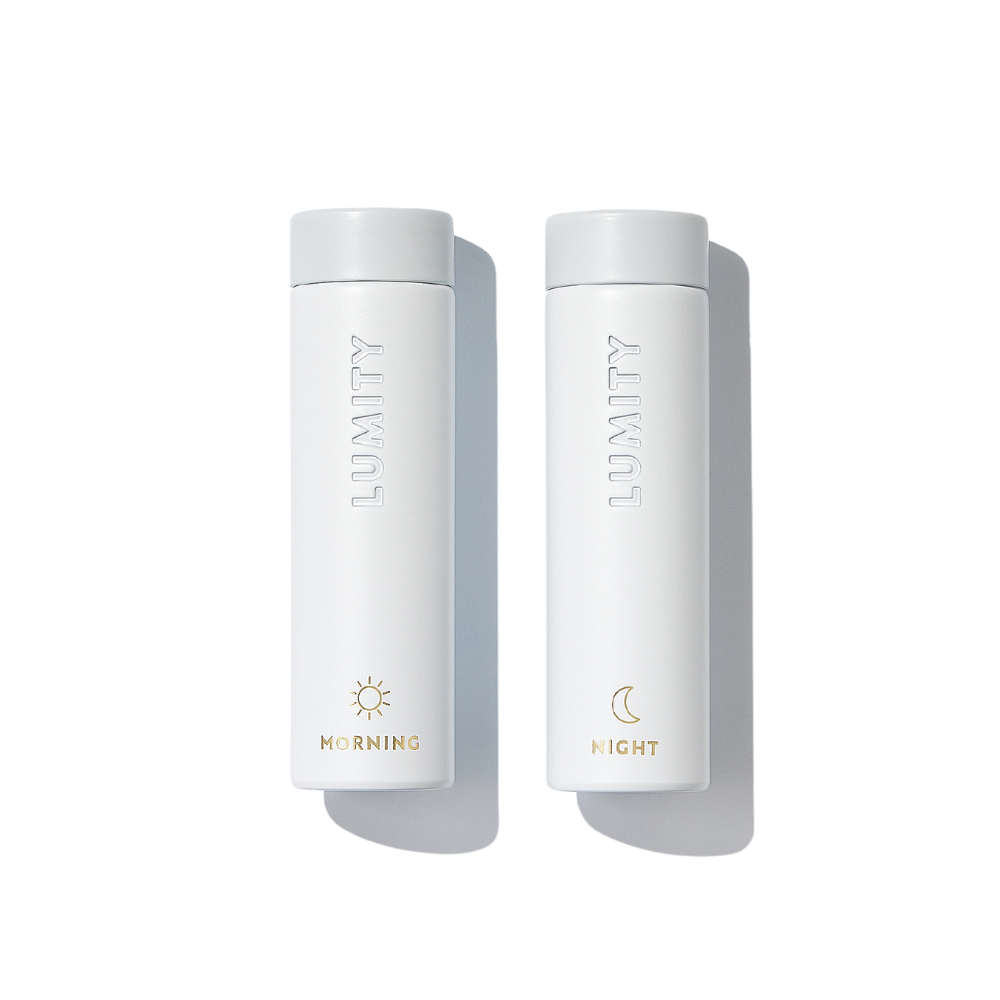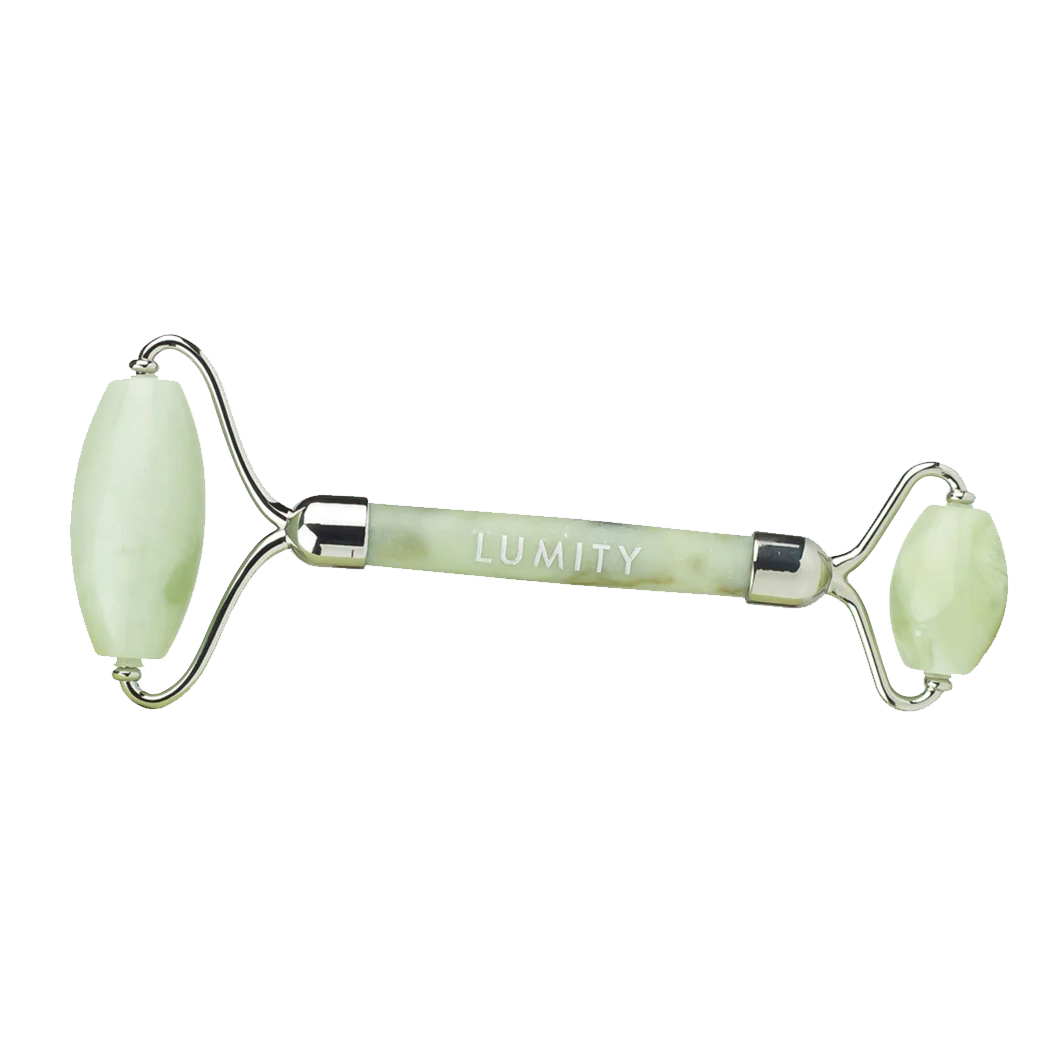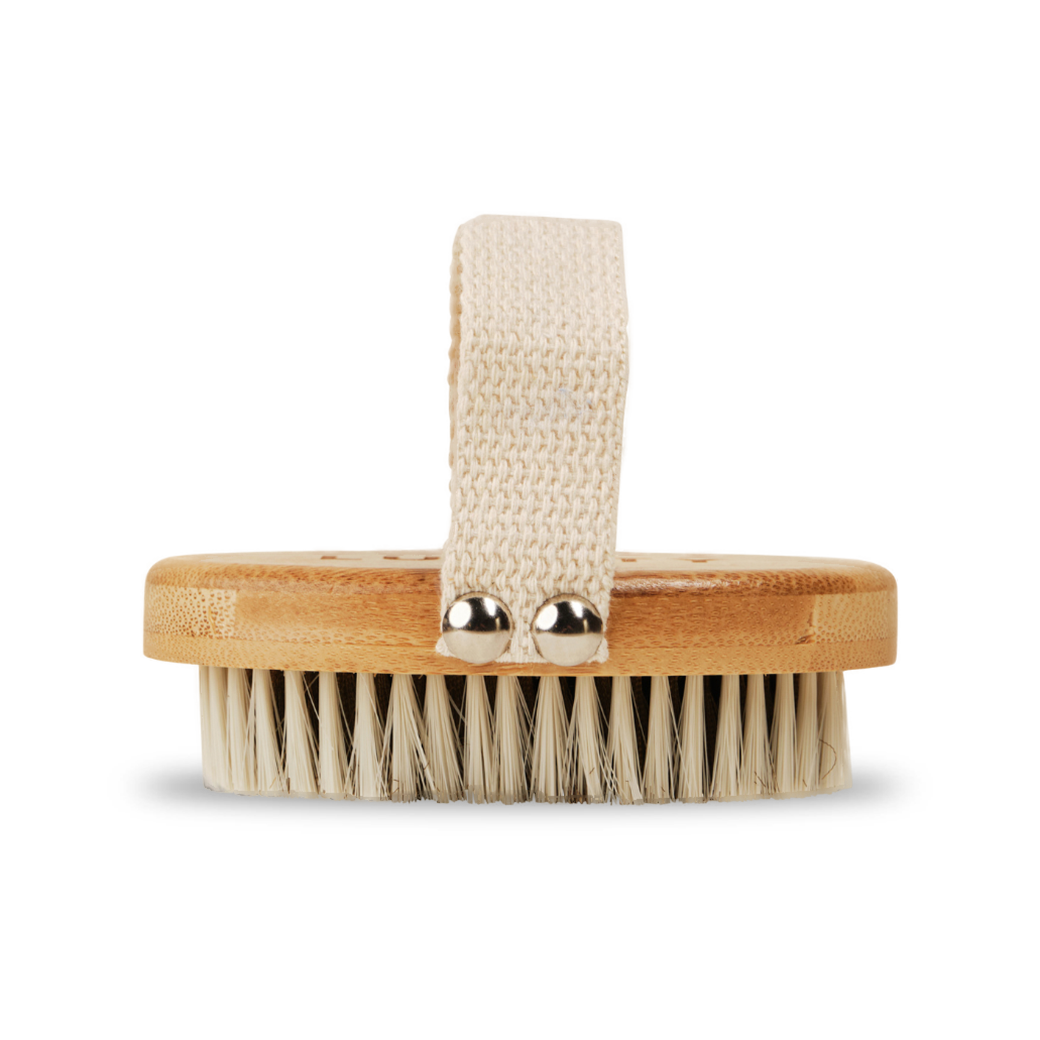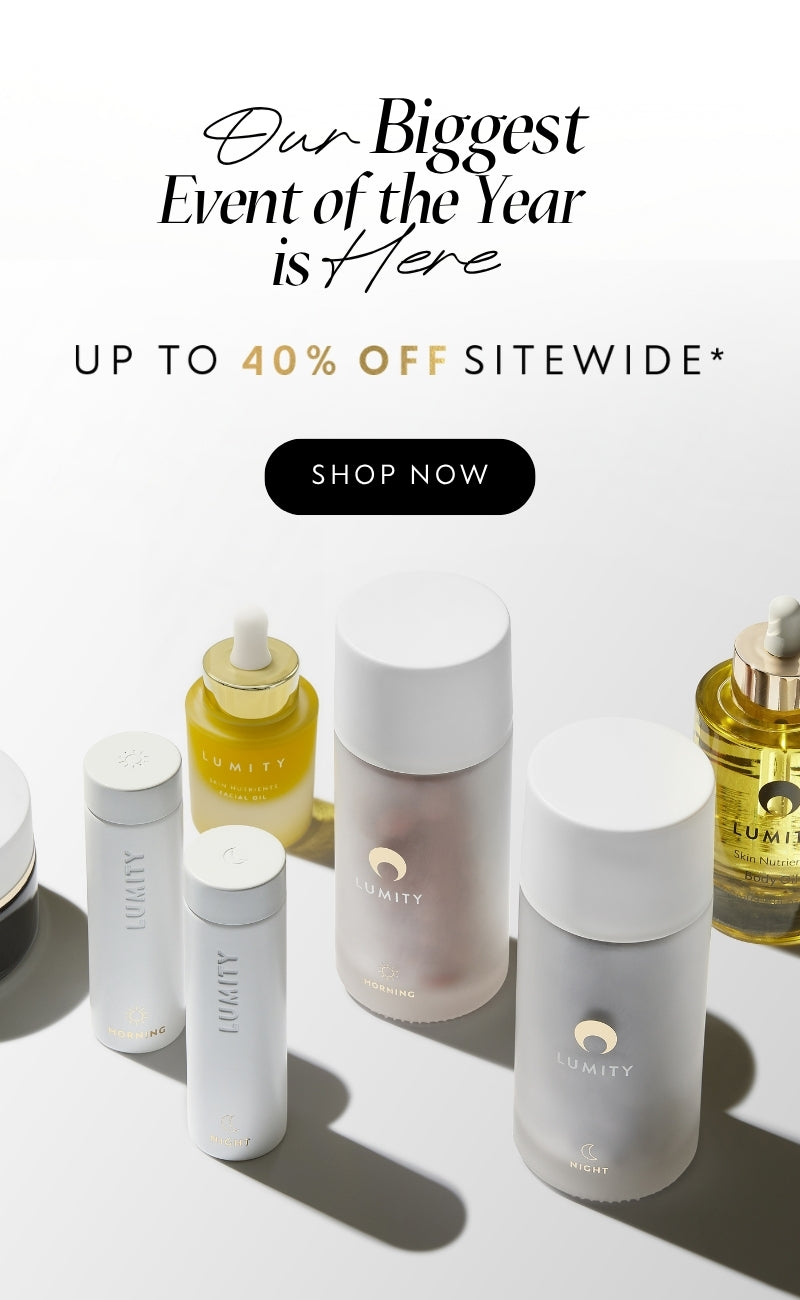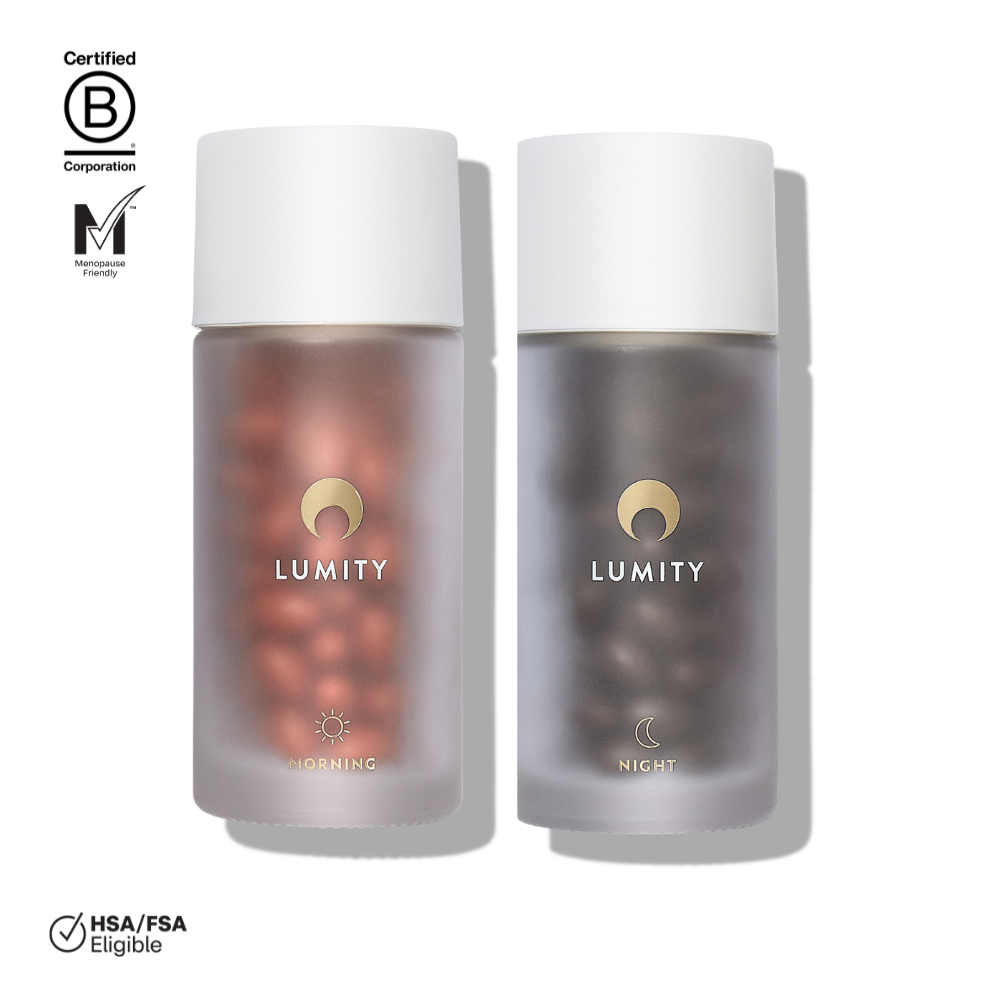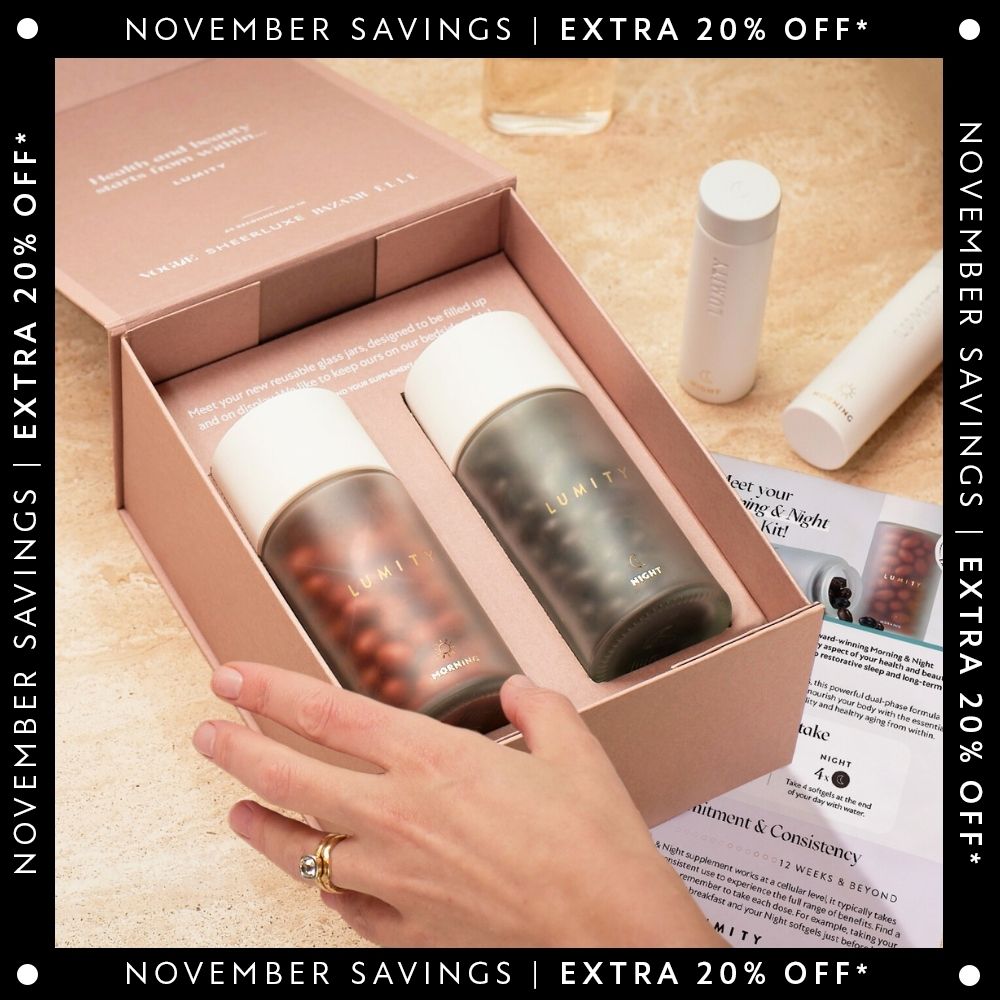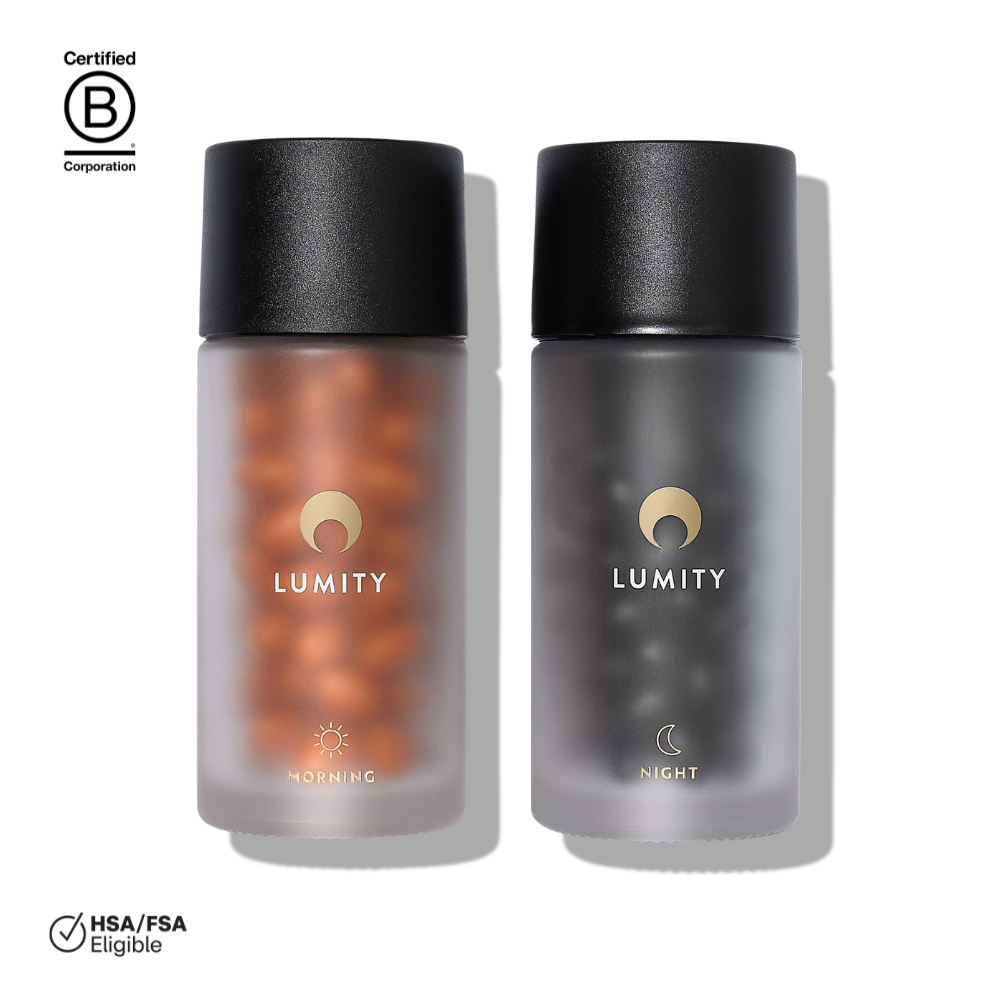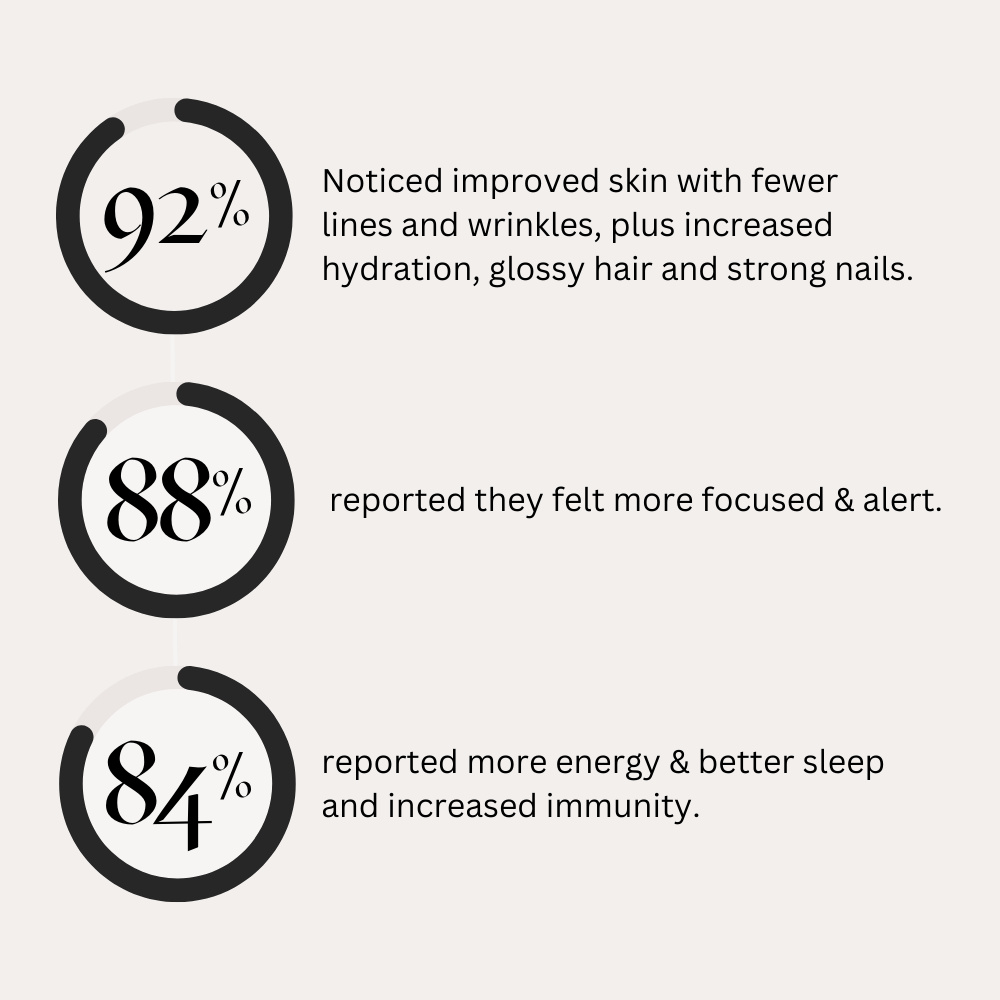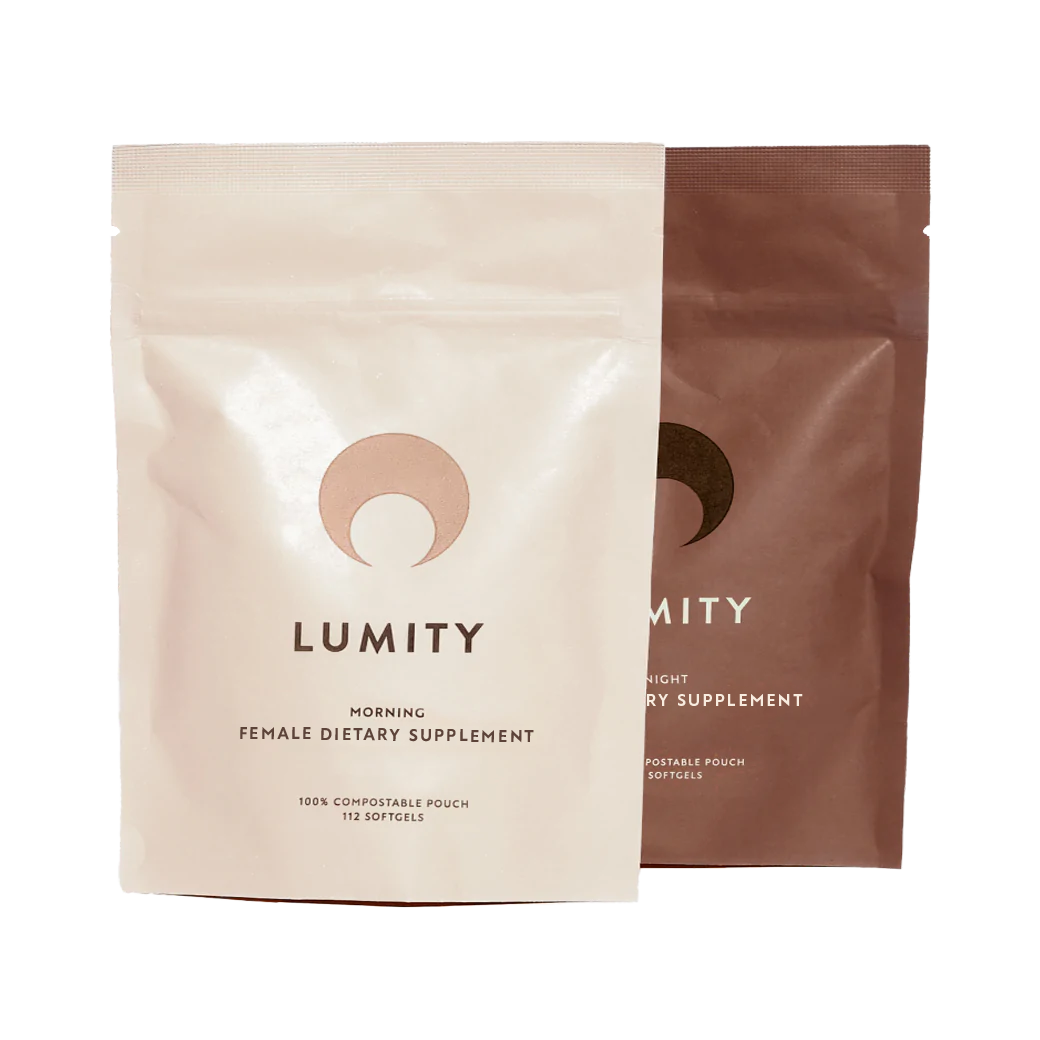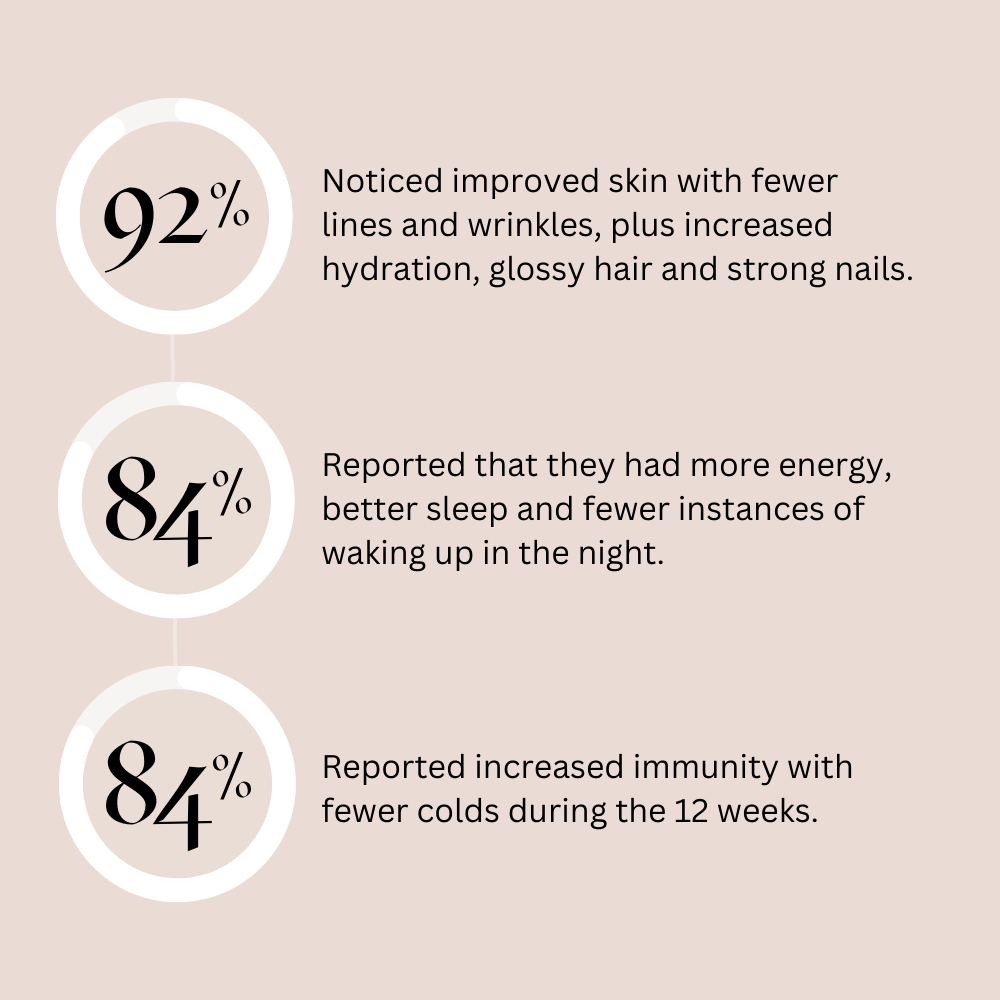Q&A with Wellbeing of Women
At Lumity, we're passionate about the health and wellbeing of others. That's why earlier this year, we partnered with leading women's health charity, Wellbeing of Women, to raise help awareness, as well as vital donations.We sat down with Esther Denton, Community Engagement and Fundraising Officer at Wellbeing of Women, to find out more about the amazing work they do, and why the donations they receive are so important.
What was the thought process behind the founding of Wellbeing of Women?
Wellbeing of Women was founded in 1964 in response to the number of women that were dying whilst giving birth. An obstetrician called Professor Will Nixon created a research fund that would become Wellbeing of Women, to invest in the research needed to save women’s lives. Thankfully, the maternal death rate started falling and we opened our remit to include all of women’s reproductive and gynaecological health.
Can you tell us about the key areas of research Wellbeing of Women focus on and how this impacts the wellbeing of women?
We fund research into women’s health throughout the life course – from periods and gynaecological conditions like endometriosis, through to fertility, pregnancy and childbirth. We also fund menopause, gynaecological cancers and issues such as incontinence, which are more common later in a person’s life.
Our research has led to some huge breakthroughs that have saved and changed the lives of women, girls and babies. For example, we funded early research that led to the discovery of the link between HPV and cervical cancer, leading to an international HPV vaccine that is set to dramatically reduce cervical cancer rates. We have also funded research that helped to establish today’s neonatal care and, more recently, we have funded research that could lead to the first non-hormonal, non-surgical treatment of endometriosis – a condition that affects one in 10 women and girls and can cause chronic pain and infertility.
Why is the Menopause Workplace Pledge so important? Why should and how can employers/employees get involved?
Menopause can have a huge impact on women and people experiencing symptoms, and research shows that these can often be most difficult to manage at work. Surveys show that many women quit their jobs, reduce their hours or pass up promotions due to lack of menopause support in the workplace. This represents a big loss to society, organisations losing staff and individuals who are often at the peak of their careers.
The Menopause Workplace Pledge aims to encourage all employers to commit to supporting people through menopause whilst at work. Once an organisation has joined the pledge, we send information on actions that can be taken, what best practice might look like and signpost to other organisations who can provide support services if needed. Solutions are often quite simple and don’t need to cost a lot of money. All the information is on our website here: https://www.wellbeingofwomen.org.uk/campaigns/menopausepledge
What resources do Wellbeing of Women provide to women going through perimenopause, menopause and post-menopause?
Trustworthy information on women’s health is key, and as the recently published Women’s Health Strategy shows, people don’t always know where to go to find the right information they need. We provide expert-reviewed information on our website relating to lots of different women’s health issues and conditions. They can all be found here: https://www.wellbeingofwomen.org.uk/your-health/ Also link to our MWP resources page: https://www.wellbeingofwomen.org.uk/campaigns/menopausepledge/resources
What key achievements of Wellbeing of Women do you feel particularly proud of?
Wellbeing of Women is the only UK charity that is funding across all of women’s reproductive and gynaecological health. By doing so, it is saving and changing the lives of women, girls and babies through research, education and advocacy.
Since we were founded in 1964, we have invested £67 million in research, leading to:
- The HPV vaccination programme to protect girls and women from cervical cancer
- The first potential non-hormonal, non-surgical treatment for endometriosis
- The first test to predict the outcome of IVF treatment
- Using ultrasound in pregnancy
- Taking folic acid in pregnancy to help prevent birth defects
- The Harris Wellbeing Preterm Birth Research Centre, which finds causes and treatments for babies born too early – the biggest killer of babies under five
- The Baby Bio Bank, the world’s most comprehensive collection of samples from families who have experienced pregnancy complications, for research into conditions such as miscarriage, stillbirth and premature birth
- The UK’s first fetal medicine centre at King’s College London
- ‘Cooling’ methods to protect oxygen-deprived babies from brain damage at birth
- CyberKnife® technology – targeted radiotherapy – to treat gynaecological cancers using lasers to treat cervical cancer
- Developing a new method for identifying women at risk of osteoporosis routinely used in HRT clinics
- Using BOTOX® to treat incontinence
How can our audience support Wellbeing of Women/get involved with various projects/campaigns?
We are always looking for new people to get involved and help to improve women’s health, and there are lots of ways to do it!
- Normalise conversations about periods, fertility, pregnancy, menopause, so we can break down the stigma and taboo that surrounds so much of women’s health and creates barriers to people accessing support and care .
- Join a fundraising event or create your own – there are treks, runs and cycles that you can get involved with as an individual or as part of a team. Details are on our website here [LINK] or you can contact our brilliant Community Engagement Officer Esther who can help you find the right fundraising event for you. Email community@wellbeingofwomen.org.uk.
- Make a donation towards vital research, education and advocacy projects that will improve the health and wellbeing of women, girls and babies. You can make a one-off donation or, even better, set up a regular gift on our website here: wellbeingofwomen.org.uk/donate
- Support our campaigns by joining the Menopause Workplace Pledge as an individual or signing as an employer. You can also support our new Let’s #ChatMenopause campaign, which is encouraging people to share their menopause stories on social media. Get involved today by sharing your story and tagging Wellbeing of Women.
Can you give us examples of what donations will support?
Your donation could help fund the next breakthrough in women’s health – from the development of a gel to prevent scarring in the womb, which can cause fertility problems and preterm birth, to improving ovarian cancer treatments – your donation could support one of up to 30+ ongoing research projects.
Finally, why are you passionate about the wellbeing of women?
Only 2.1% of publicly funded research is currently invested into female reproductive health and childbirth. Around 90% of women experience symptoms of PMS and yet there are five times more studies on erectile dysfunction, which affects less than 20% of men . We need to redress this imbalance.
Girls are missing school because of their periods and it takes an average of 8 years to diagnose endometriosis, despite the condition affecting 1 in 10 women and girls. Women make up half of the population and 47% of the UK workforce (rising to 75% of our NHS). They are often at the centre of their communities. We must do better for our women and girls, because as our Chair Professor Dame Lesley Regan says: “When we get it right for women, everyone in society benefits.”
Head to Wellbeing of Women's website to learn more about their mission to improve the health of women, girls and babies, through research, advocacy and education.
Discover Our Supplements

